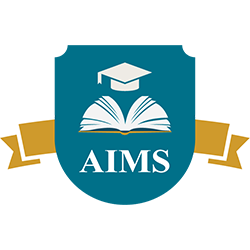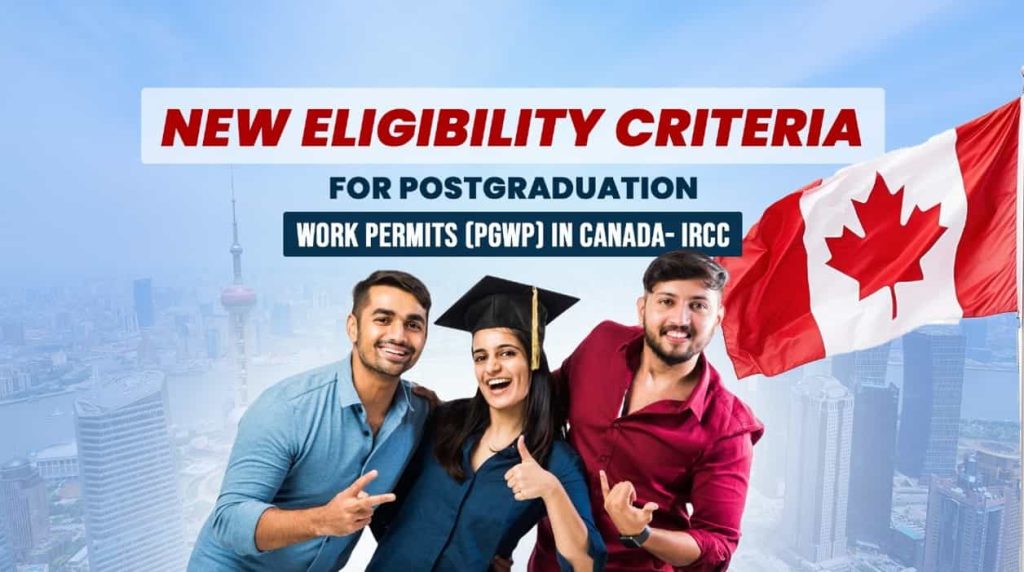Breaking! IRCC has announced new eligibility criteria for post graduation work permits in Canada. On January 22nd, IRCC announced it is implementing changes to balance growth and decrease the number of international study permits for international students in 2024. To better align with these changes IRCC has also announced updated eligibility criteria for post graduation work permits (PGWP) in Canada.
Highlights of new eligibility criteria for PGWP in Canada
- From September 2024 international students studying in a program that is part of a curriculum licensing agreement will no longer be eligible for a PGWP after graduating.
- If a student studies in a private or public college with licensing agreements with a private college will not be eligible for post graduation work permits in Canada.
- Postgraduate students will soon be eligible for 3 years post-study work permits in Canada.
How do post graduation work permits (PGWP) in Canada work?
Post Graduation work permit (PGWP) is an open work permit that allows international graduates to work for any Canadian employer without needing a job offer. According to the IRCC, a post graduation work permit is valid for up to three years.
The major benefit of the PGWP is that it allows overseas graduates to gain professional work experience in Canada. Such work experience is helpful when post graduation work permit holders go on to apply for permanent resident status.
The latest eligibility criteria for post graduation work permits in Canada
The IRCC (Immigration, Refugees and Citizenship Canada) has announced that international students who begin a study program that is part of a curriculum licensing agreement will no longer be eligible for a PGWP after graduating. This rule will be effective from September 2024. Under this curriculum, students completing their graduation from any private college will not come under post graduation work permits (PGWP) in Canada. On the other hand, if a public college has established licensing agreements with a private college, students from that public college will not also be eligible for post graduation work permits in Canada.
Extended post graduation work permits (PGWP) in Canada
The IRCC also announced that graduates of master’s and other short graduate-level programs will soon be eligible to apply for a 3-year post graduation work permit in Canada. In recent criteria, PGWP length is based on the length of an individual’s study program. Since master’s programs are usually shorter than UG programs, the current criteria have limited the time master’s students or shorter-term graduate students can work in Canada. However, the latest post graduation work permits (PGWP) in Canada will allow master’s students to be eligible for a longer work permit, which will provide them with an extended opportunity to gain valuable Canadian work experience. It will help them to get PR in Canada.
To get more updates about Canadian immigration laws, the education system, or post graduation work permits (PGWP) in Canada, keep your eye on AIMS Education website.
FAQ
What are the new eligibility criteria for PGWP in Canada?
Ans: The IRCC has announced that international students who begin a study program that is part of a curriculum licensing agreement will no longer be eligible for a PGWP after graduating.
Can master’s students apply for post graduation work permits (PGWP) in Canada?
Ans: According to IRCC graduates of master’s and other short graduate-level programs will soon be eligible to apply for a 3-year post graduation work permit in Canada.

AIMS Education is a reliable study abroad consultancy firm guiding students in selecting courses, and universities and helping them apply and secure their student visas. Also, AIMS Education is a British Council-certified agent and is listed on the British Council’s global agent list. We provide student recruitment services in the UK, USA, Australia, Canada, Hungary, Poland, Denmark, Malta, Finland, France, Germany, Austria, Spain, Sweden, Malaysia and UAE. Not only this but also AIMS Education is an ICEF Accredited Agent, UCAS Registered Centre, Expatrio Partner, PTE and Language Cert Partner. With an almost 98% student satisfaction rate and 10+ global awards, AIMS Education is now a name of trust among study abroad aspirants.

